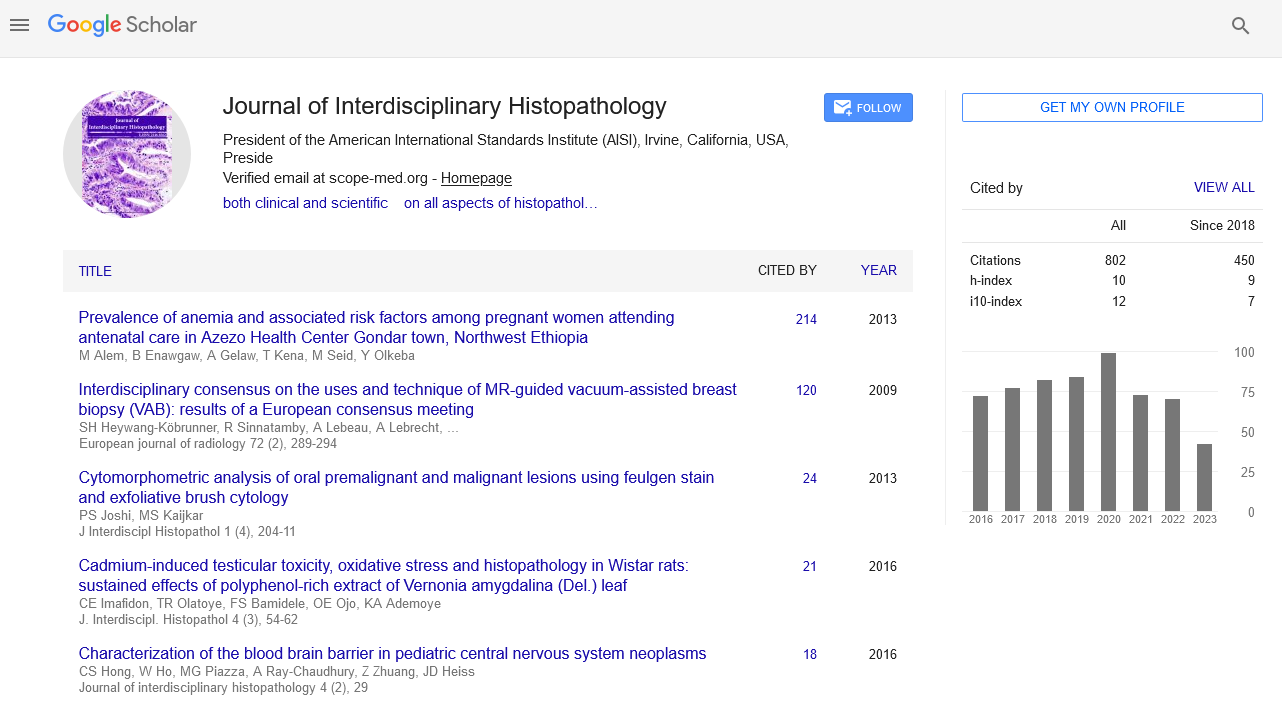Characterization of HER2 gene/protein and Ki67 protein expressions in colorectal carcinoma variants with relation to clinicopathological parameters and prognosis: An immunohistochemical and fluorescence in situ hybridization study
Abstract
Abd Al-Rahman Mohammad Foda, Eman Abdelzaher, Iman Talaat
Objective: The data on the frequency and pattern of human epidermal growth factor receptor 2 (HER2) expression in colorectal carcinoma (CRC) and its clinical significance are ambiguous. In addition, little is known about HER2 status in CRC variants and its relation with proliferative activity and clinical outcome. Such knowledge may be of potential value for therapeutic decision making in CRCs. Material and Methods: The HER2 gene/protein status was assessed by fluorescence in situ hybridization and immunohistochemistry (IHC) in a tissue microarray of 150 CRCs and correlated with the expression of the proliferation marker Ki67, clinicopathological factors, and prognosis. Results: CRCs were categorized into conventional adenocarcinoma (CA), 47 cases; adenocarcinoma with mucinous component (AMC), 28 cases; mucinous adenocarcinoma (MA), 56 cases; and signet ring cell carcinoma (SRCC), 19 cases. Compared to other variants, CA was significantly associated with favorable clinicopathological features, higher overall survival (OS), and diseasefree survival (DFS), while SRCC and MA were significantly associated with ominous clinicopathological features, lower OS, and DFS. Cytoplasmic HER2 overexpression was detected in 14.2% of CRC cases and showed a significant agreement with gene amplification. HER2 overexpression was significantly associated with favorable clinicopathological features, notably early stages. High Ki67 expression was detected in 48% of CRC cases. HER2 and Ki67 were significantly different among CRC variants with AMC showing the greatest frequency of HER2 overexpression and Ki67 high expression than the other variants. The interrelation between HER2 and Ki67 expressions was statistically insignificant and neither had any significant relation to OS or DFS in any of the CRC variants. Conclusions: We conclude that mucinous histology infers an adverse prognosis in CRC. A subset of early stage CRC patients with HER2 overexpression, and possibly of a distinct variant, may benefit from HER2 targeted therapy. IHC can be used as a method of screening for HER2 gene amplification in CRCs.






